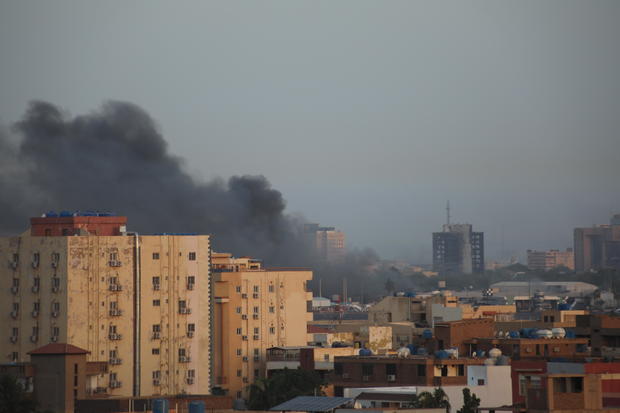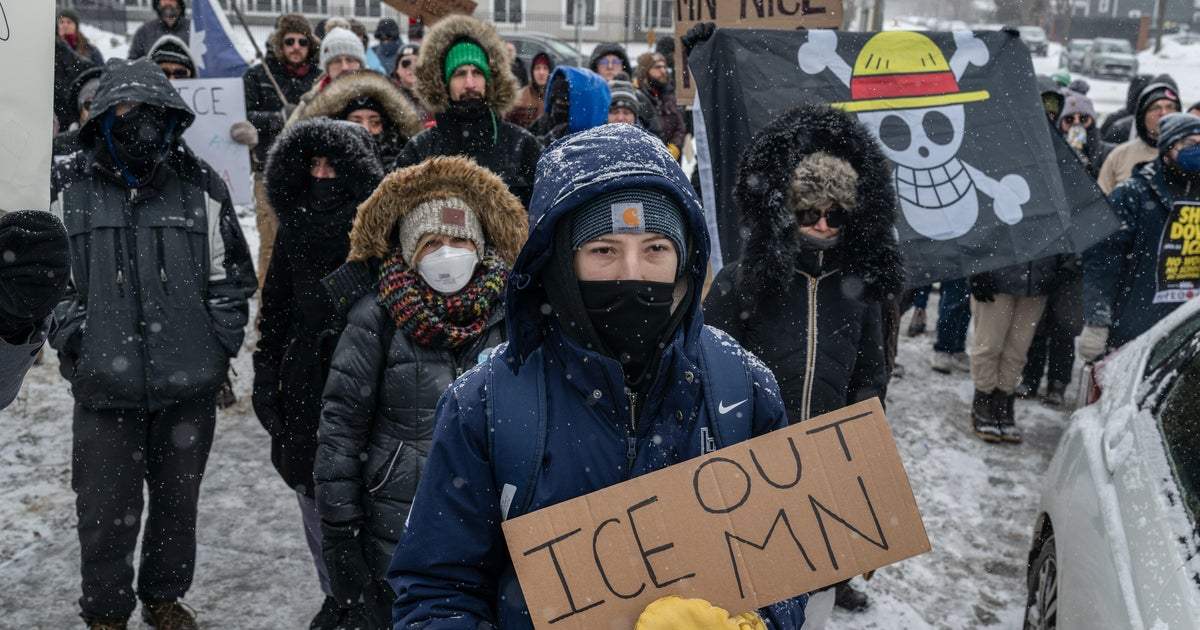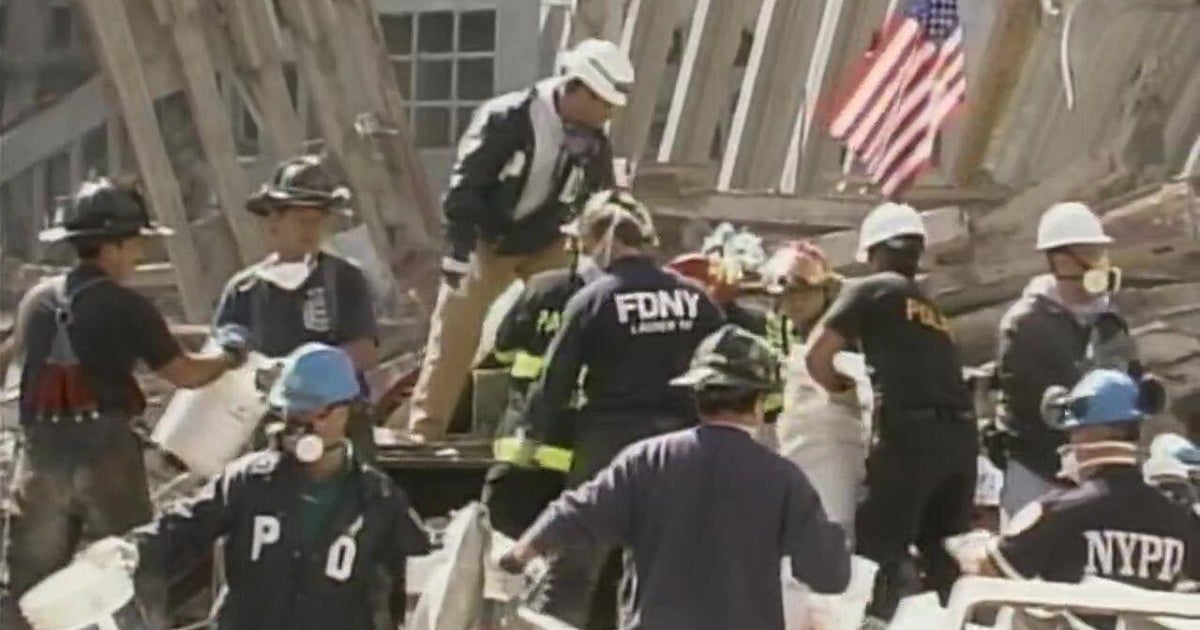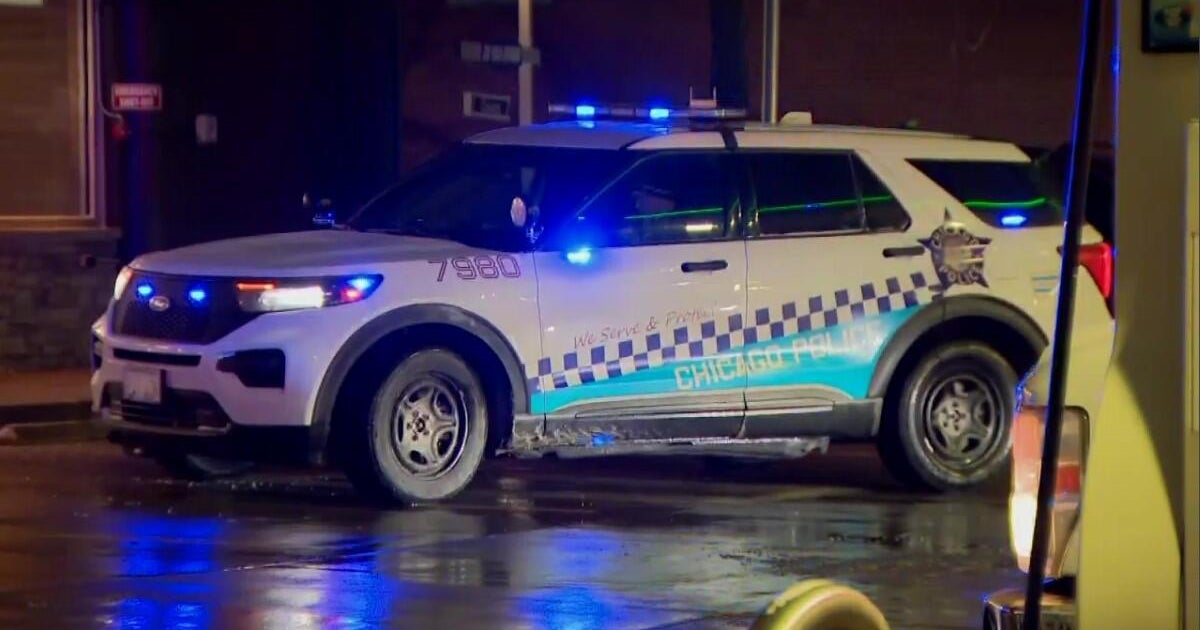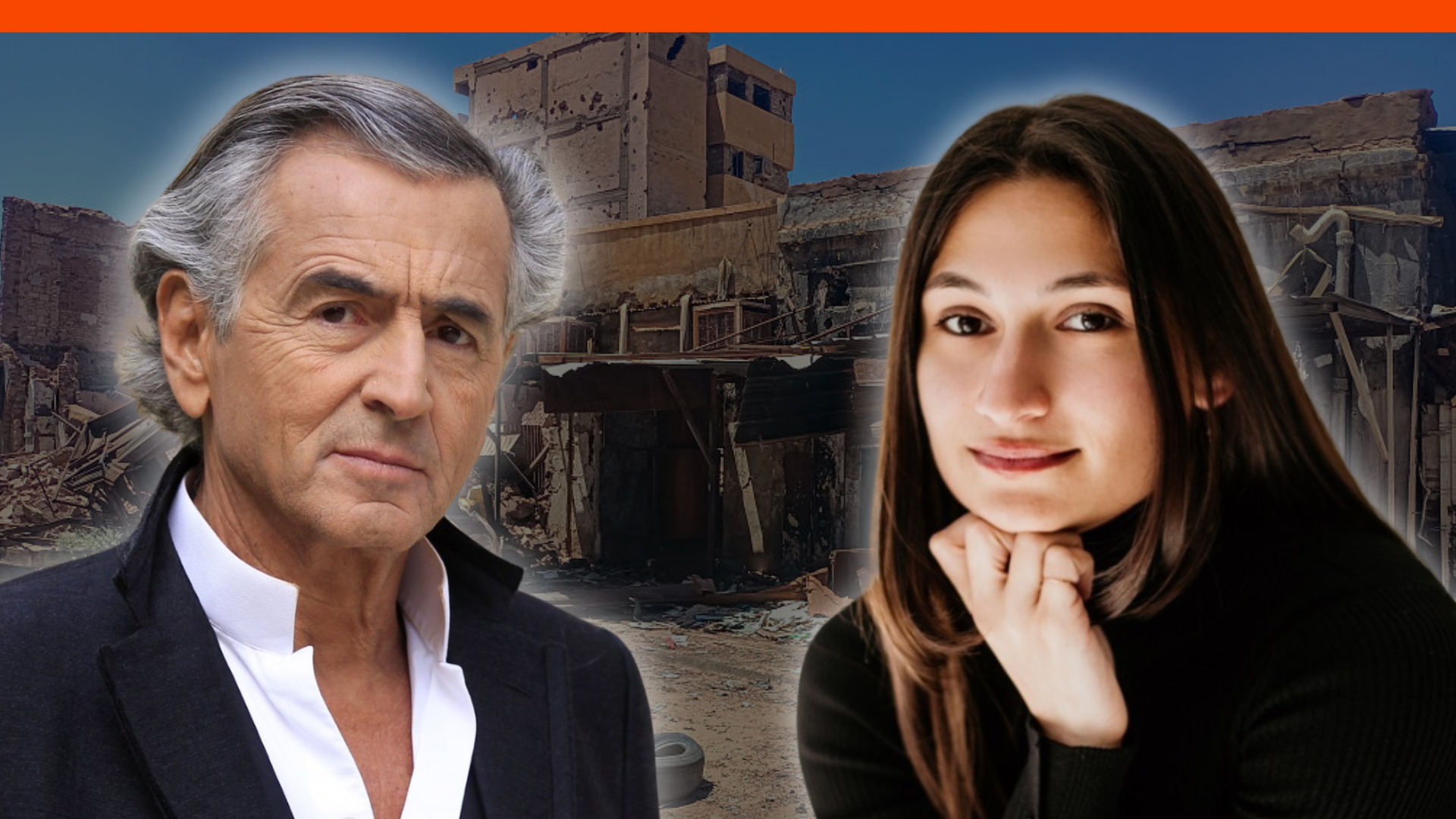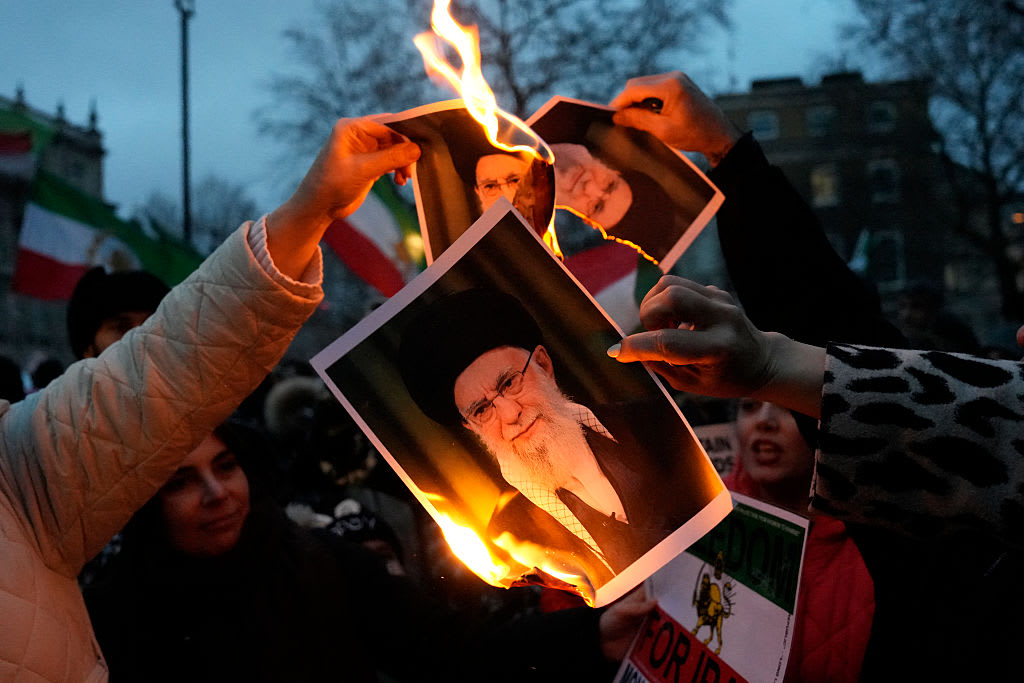Sudan fighting rages despite ceasefire calls as death toll climbs over 400
At least 413 people have been killed in fighting in Sudan since violence broke out on April 15, according to the United Nations' World Health Organization, most of them civilians. One U.S. citizen is among those who've been killed, the State Department said Thursday, without providing further detail.
In his first statement since his disagreement with another commander engulfed Sudan in violence nearly a week ago, the head of the Sudanese Armed Forces, Gen. Abdel Fattah Burhan, said Friday that he was committed to a "safe transition to civilian rule" for the east African country, the Associated Press reported. The comments appeared to be a bid for international support as the deadly fighting between his forces and those of his now-rival, Gen. Mohammed Hamdan Dagalo, continued despite calls for a ceasefire to stop the bloodshed for the Muslim holiday of Eid al-Fitr.
Burhan and Dagalo, who commands Sudan's paramilitary Rapid Support Forces (RSF), had been allies, joining forces to topple long-time dictator Omar al-Bashir in 2019. But a recent dispute over how to consolidate their two forces turned them against one another, leading to the current bloodshed, which three ceasefire attempts have now failed to halt.
A Sudanese medical group said "several areas of Khartoum were bombed" overnight as people marked the holiday, and there was ongoing "shelling and clashes," according to the AP.
"Instead of waking up to the call to prayer, people in Khartoum again woke up to heavy fighting," Endre Stiansen, Norway's ambassador to Sudan said Thursday. "Can any hell be more horrible than this?"
The sudden eruption of warfare in the country has left many other nations scrambling to try and ensure the safety of their citizens there.
The U.S. was "moving forward to pre-position some military forces and capabilities nearby just for contingency purposes in case they would be needed for any kind of evacuation," National Security Council spokesperson John Kirby said Thursday. He added that no decision had yet been made about evacuating U.S. personnel.
Meanwhile, civilians caught up in the fighting were continuing to try to flee to safety.
"There is no safe place anymore in Khartoum," 37-year-old baker Dallia Abdelmoniem told the AP. She said her family decided to flee the capital after a rocket came through their roof.
From a shelter outside the city, she said the road leading out of Khartoum was covered with dead bodies.
"Our number one priority is just to stay alive," Abdelmoniem said.
